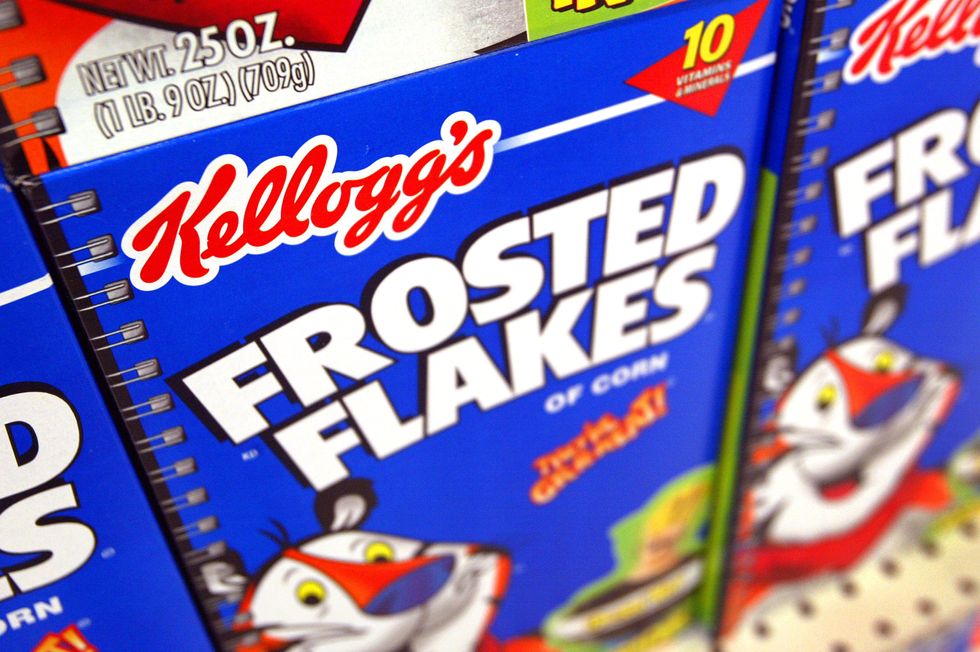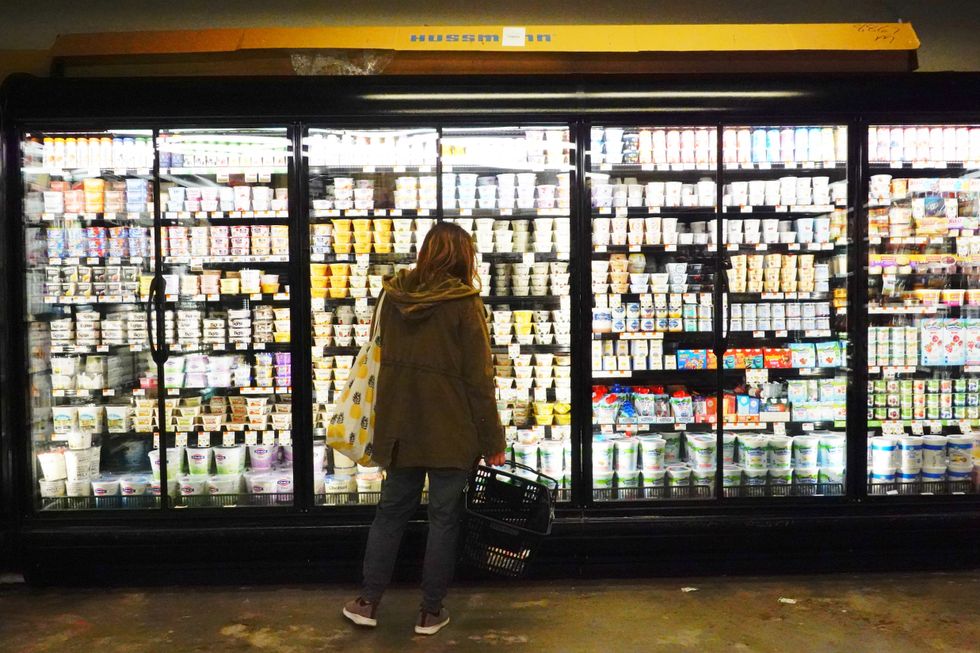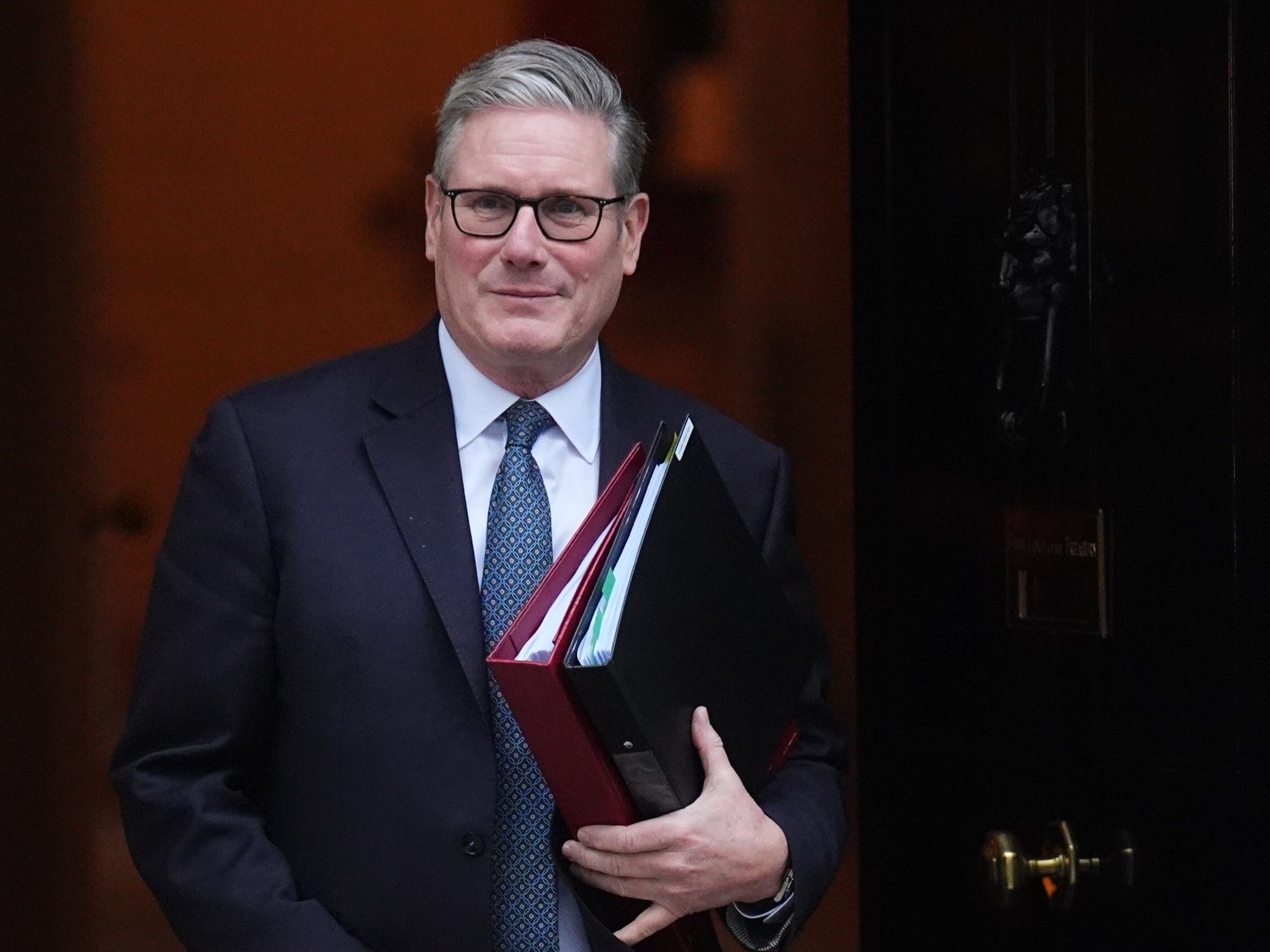Anger erupts after Kellogg's boss claims struggling families can just eat cereal for dinner

US consumers spend 11.3 per cent of their disposable income on food
Don't Miss
Most Read
Latest
The chief executive of Kellogg’s has come under fire after claiming struggling families can eat cereal for dinner if they are struggling to make ends meet.
The American food company’s boss Gary Pilnick, who rakes in a basic salary of $1million (£790,000) and over $4million (£3.17million) in incentives, was appointed to his post in October.
He also claimed Kellogg’s tried to price its products to appeal to different consumers.
Pilnick said: “The cereal category has always been quite affordable, and it tends to be a great destination when consumers are under pressure.

A leading cereal manufacturer's boss claimed struggling Americans could just eat cereal
|GETTY
“If you think about the cost of cereal for a family versus what they might otherwise do, that’s going to be much more affordable.”
He added: “But, in general, the cereal category is a place that a lot of folks might come to because the price of a bowl of cereal with milk and with fruit is less than a dollar.
“So you can imagine why a consumer under pressure might find that to be a good place to go.”
Pilnick concluded: “Cereal for dinner is something that is probably more on trend now, and we would expect [it] to continue as that consumer is under pressure.”
LATEST DEVELOPMENTS:
Boxes of Kellogg's Frosted Flakes cereal are seen displayed inside a Wal-Mart store
|GETTY
The comments came after it emerged Americans were spending the same amount of their income on food as they had 30 years ago.
Recent statistics show that US consumers spent 11.3 per cent of their disposable income on food.
The figure stood at 11.3 per cent in 1991, data compiled by the Agriculture Department has shown.
Pilnick has faced a barrage of criticism on social media.
Evan Sutton, founder of the consultancy firm Firekit Campaigns, took aim at big companies over “greedflation”.

Recent statistics show that US consumers spent 11.3 per cent of their disposable income on food.
|GETTY
The entrepreneurial phenomenon, which sees companies hiking prices during an inflationary cycle, “is forcing families to make choices like eating cereal for dinner to save money”.
Sutton, who worked on Obama’s 2008 White House campaign, added: “Kellogg’s CEO is bragging about it while they show the huge climb in corporate profits that helped create the problem in the first place.”
Democratic congressional candidate Qasim Rashid labelled Pilnick’s remarks as “shameful, greedy [and] cruel”.
Despite the criticism, inflation plummeted in January to 3.1 per cent.
The figure remains higher than economists had forecast but marks a significant drop from the 9.1 per cent high in the summer of 2022.











